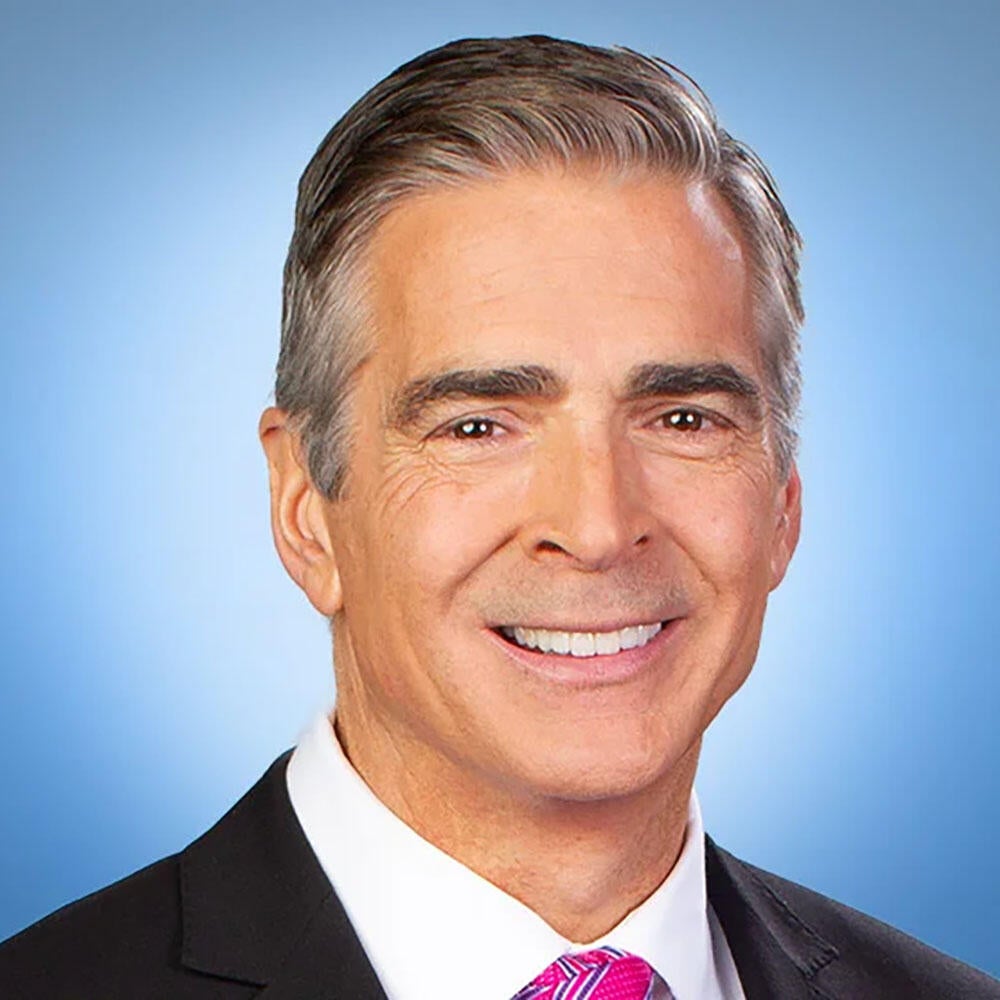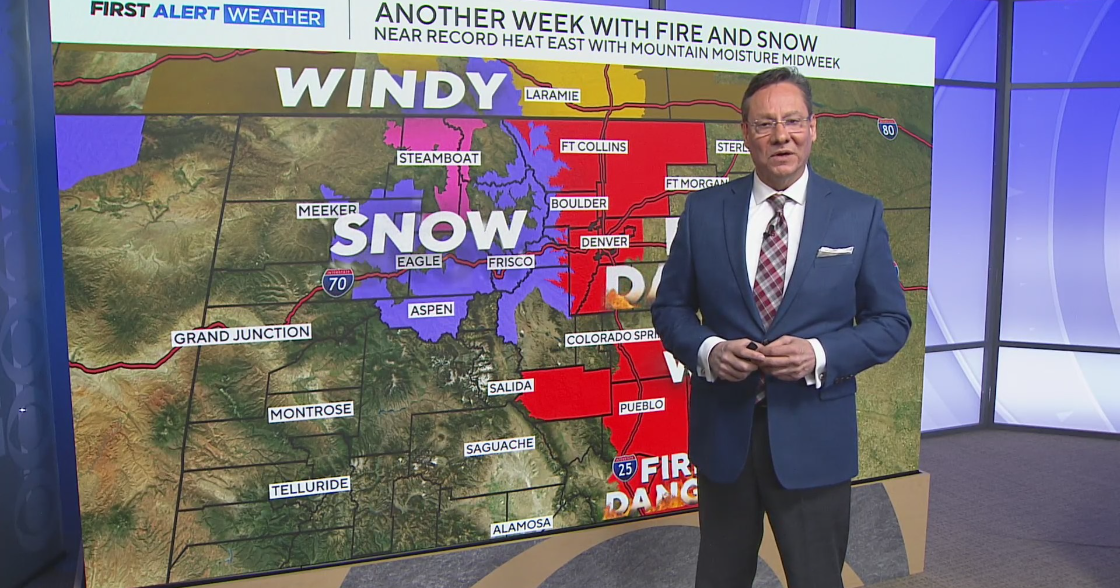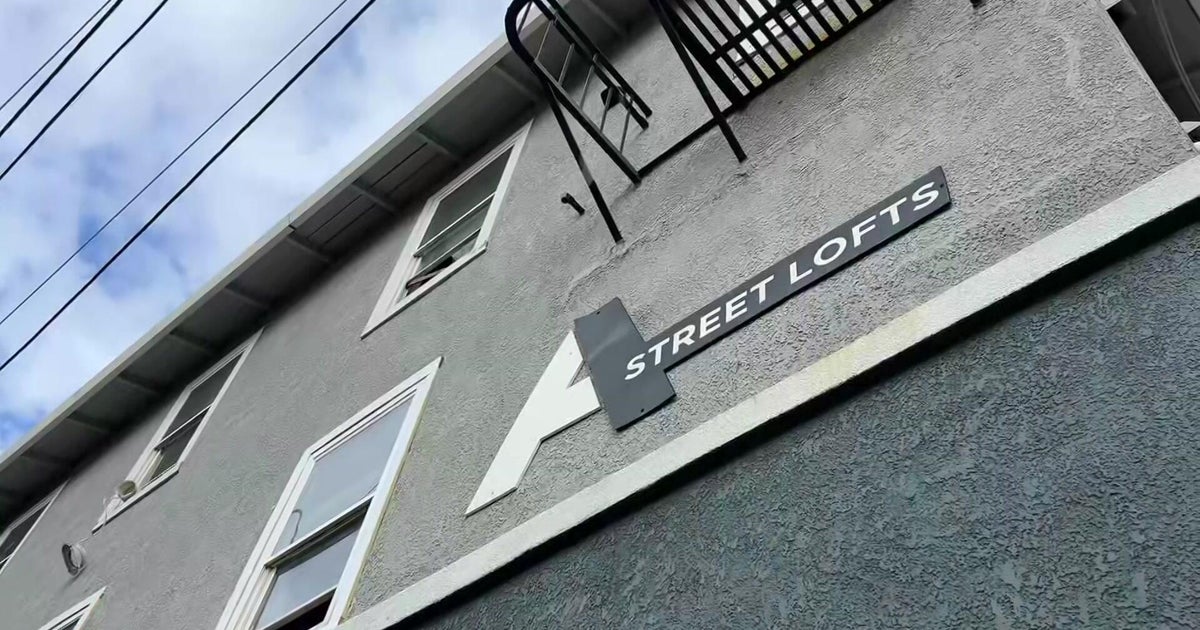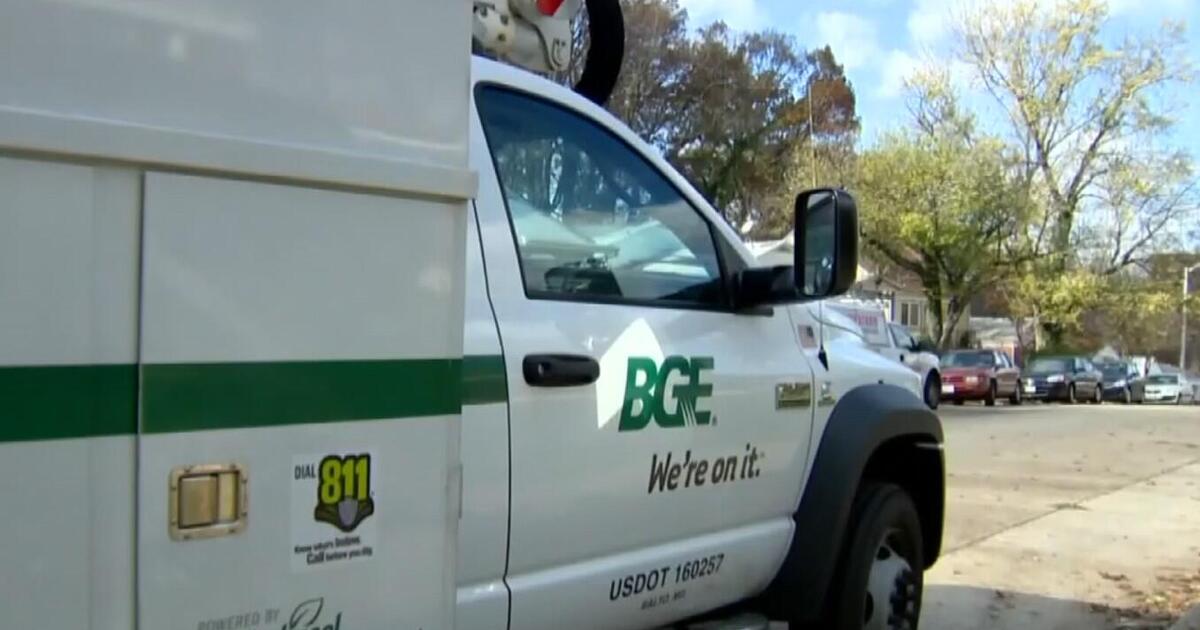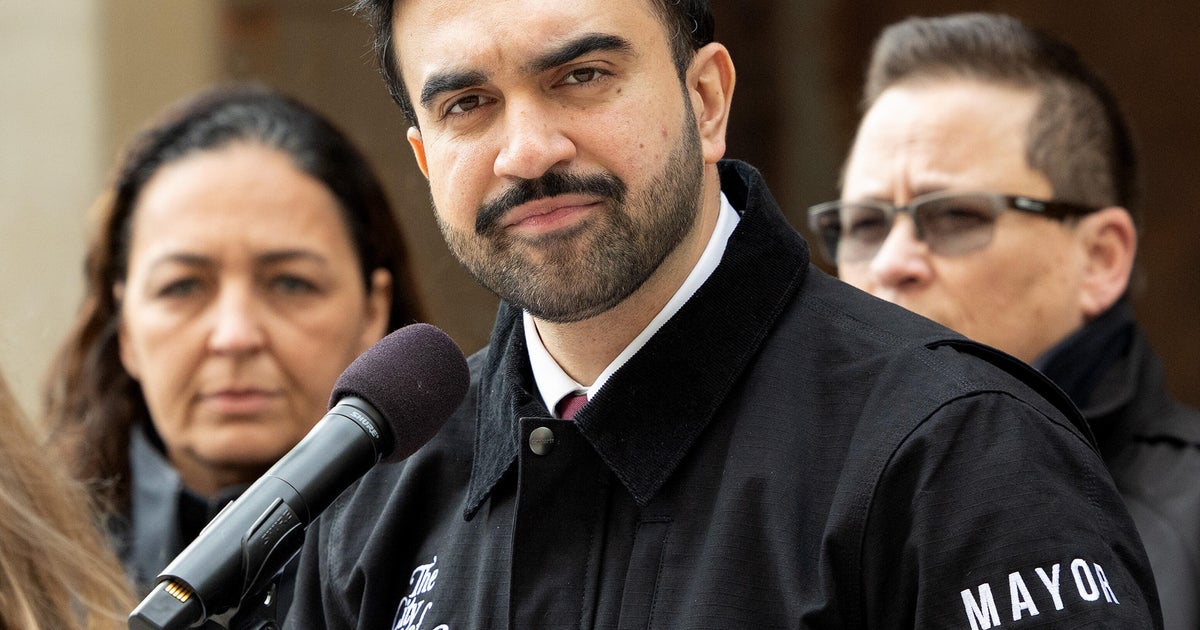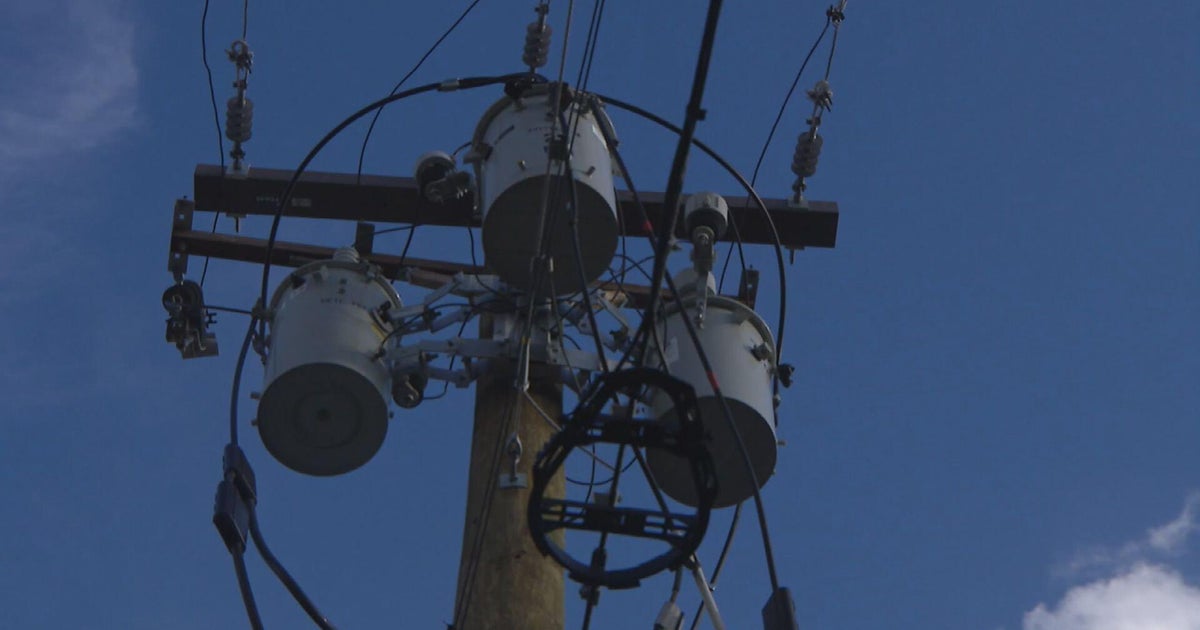High energy prices keep hitting Coloradans hard: A look at the cause and effect
"I just lost my job a couple weeks ago, so I'm stressing out a little bit," said Tani Bruner, who lives in an apartment in Lakewood. "And we light candles. Because it helps the house and gives us light."
She fell behind on her power bill, then got a big one when the cold weather rolled in.
"I was like a month or so behind, but all of the sudden they said I owed like 250 some dollars and I'm like what? Like how is it that high?"
A lot of reasons, says Bill Levis, who is a volunteer advocate for the AARP and a former head of what's now known as the Office of Consumer Council in Colorado.
"There's a conflict there," Levis says about the arrangement between the Public Service Company of Colorado, which is supposed to provide service in the public interest, but is a subsidiary of Xcel Energy, a large corporation.
"They are owned by Xcel Energy which is a Fortune 300 company whose really motive is to maximize shareholder value.
Xcel's profits last year were higher in Colorado than other states where it operates. On Monday it announced it is adding $500,000 to donations towards assistance programs to help people pay high bills. It followed a news conference by Gov. Jared Polis announcing a push to improve building codes for energy efficiency, asking for new rules at the Public Utilities Commission that will require gas utilities submit plans with more cost oversight, seeking more federal funding and other initiatives.
Calls for help have risen dramatically. At the nonprofit Energy Outreach Colorado, there were 15,409 calls for help in the week ending January 29 and 751 applications processed for $528,600 in assistance. The organization believes one in four Coloradans currently qualifies for energy assistance.
Levis notes that people who are facing rapidly rising bills are facing not only higher base rates but more surcharges.
"Our concern is not only the increase in the base rates, these surcharges, but there are going to be additional surcharges in the future."
He also blames actions like the closing of the Comanche III coal fired power plant in Pueblo, which was originally scheduled to go decades into the future, but will now shut down in 2030.
"You can argue that the PUC back in the early 2000s should never have approved Comanche III," he noted.
"And instead of Xcel writing off some of the cost against its shareholders, it's passing through the cost to consumers."
Levis does not hold back on Xcel and its rate hike requests.
"There should be some kind of incentive for them not to file rate case after rate case."
Higher costs for natural gas have been amplified by the 2021 Texas storm that caught utilities there flatfooted, since they had not prepared to harden them from freezing. To prepare, they have attempted to boost natural gas stockpiles, which in turn has driven up prices here in Colorado.
Levis believes the surcharges have caused more pain. Several have been put into place in recent years in actions by the Colorado legislature to move the state toward renewables.
"Look at those laws that were passed in 2019 and 2021 and reconsider whether all of these surcharges should be put on consumers. We would argue that Xcel as a Fortune 300 company should assume some of the cost."
Even well meaning homeowners and companies trying to move away from fossil fuels by going solar, he believes, may unintentionally drive up costs for consumers who don't have the money to go solar because there are fewer to meet Xcel's minimum revenue requirement.
"It means that those who can least afford it are left on the rate base to pay for that revenue requirement. And that's another concern as we transition to renewables."
